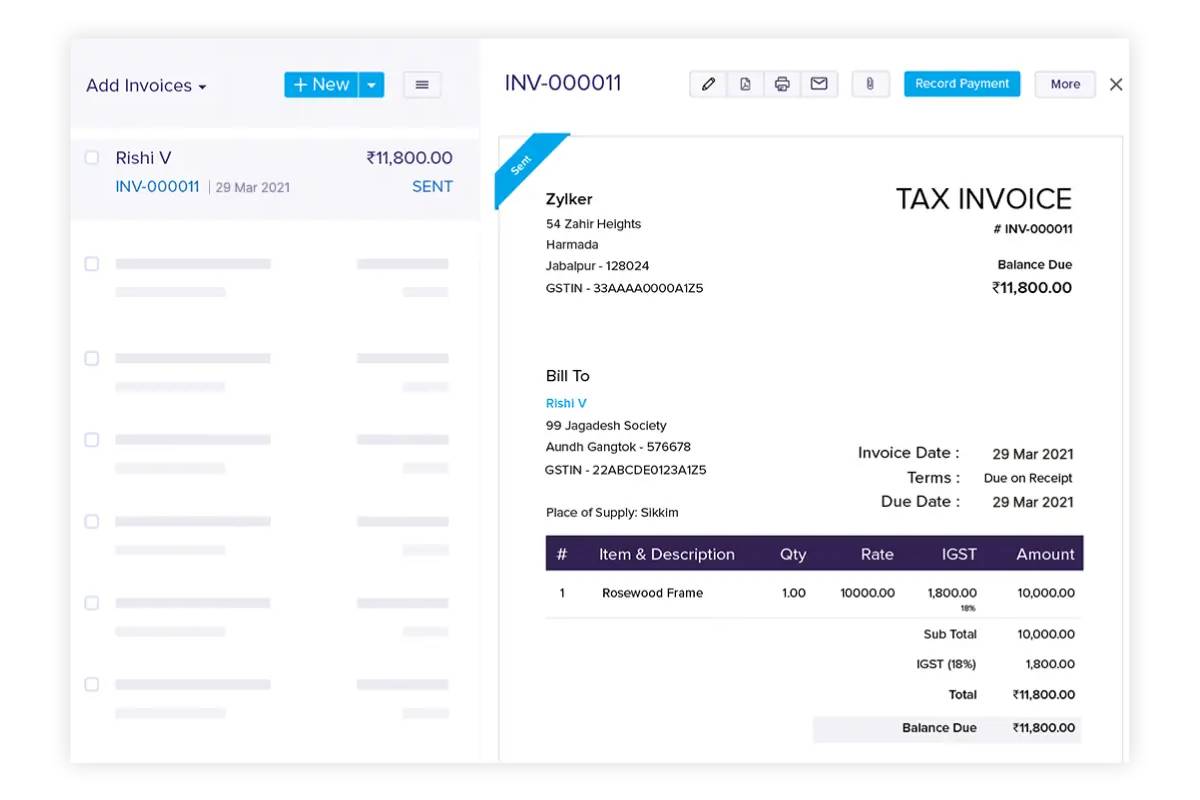
How to Register as a Self-Employed Freelancer in the UK (Updated May 2025)
Thinking of freelancing in the UK? Registering as self-employed is a key step. It matters if you’re starting a creative project, contracting, or selling services online. If you don’t register properly, you might get fined. You could also lose tax benefits and hurt your credibility with clients.
Last updated: May 9, 2025. This guide shows you how to register as a self-employed freelancer in the UK. It focuses on HMRC’s system, particularly for sole traders. This is the most common and easiest structure to use.
Understanding the Core: What Is Self-Employment Registration?
Self-employment registration means informing HMRC (His Majesty’s Revenue and Customs) that you earn money outside of regular jobs. In the UK, many people choose to be sole traders. This means you run your business alone and keep the profits after paying taxes.
You must register if:
- You earn more than £1,000 in a tax year from self-employment.
- You want to voluntarily pay Class 2 National Insurance for benefits.
- You wish to claim business expenses and tax deductions legally.
Register early to create a clean tax record. This helps you access business tools and appear professional to clients, even with low earnings.
Quick-Reference Summary: Key Steps to Registering
- Check eligibility and requirements.
- Choose your business name.
- Create a Government Gateway account.
- Register as a sole trader via HMRC.
- Receive your Unique Taxpayer Reference (UTR).
- Set up a system for keeping records.
- Understand your tax deadlines and obligations.
Step-by-Step Guide: How to Register as a Sole Trader with HMRC

1. Confirm You Need to Register
You must register if you earn over £1,000 a year from freelancing, consulting, or product sales.
Pro tip: If you’re a freelancer, part-time worker, or side hustler, register if you earn more than this income limit.
2. Pick a Business Name (Optional)
You can use your personal name or a trading name.
Just ensure it’s:
- Not already taken by another registered business
- Not offensive or misleading (e.g. “Ltd” when you’re not incorporated)
Use Companies House name search to check availability.
3. Create a Government Gateway Account
Visit gov.uk and sign up for a Government Gateway user ID.
You’ll need:
- Your National Insurance number
- A UK address
- An email address and phone number
Important: Save your login details securely—you’ll need them to file tax returns.
4. Register as a Sole Trader
Use the official HMRC sole trader registration portal and complete the online form.
You’ll be asked for:
- Business description (e.g. freelance graphic design, consulting)
- Start date of self-employment
- Personal and contact information
After submission, you’ll get:
- Unique Taxpayer Reference (UTR) via post (within 10 days)
- Confirmation of registration
- Access to Self Assessment and Class 2/4 National Insurance payments
5. Get Your UTR Number
Your UTR is a 10-digit reference for all your HMRC dealings. It’s essential for filing your Self-Assessment tax return.
Pro tip: Many clients and agencies require your UTR before paying you!
6. Set Up Bookkeeping and Records
Once registered, you must:
- Track all income and expenses
- Keep receipts, invoices, and bank statements
- Save records for at least 5 years
Tools to consider:
- Cloud accounting software (FreeAgent, QuickBooks, Xero)
- Spreadsheets (for low-volume freelancers)
7. Know Your Tax Deadlines
- Register with HMRC: By October 5, after the end of the tax year you started.
- Submit tax return: By January 31 (online) for the previous tax year.
- Pay tax and NICs: By January 31 and July 31 (payment on account, if required).
Pro Tip: Use a dedicated bank account. Keeping business finances separate is helpful. It lets you track income, expenses, and VAT more easily, even if it’s not required.
Important: Don’t delay registration. Late registration can result in fines. Even if you’re unsure, it’s better to register and file a £0 return than risk penalties.
Best Practices & Additional Insights

- Use accounting software to automate tax summaries and file directly to HMRC.
- Set aside 20–30% of earnings for tax to avoid year-end surprises.
- Read up on simplified expenses, especially if you use your home for business.
- Consider voluntary VAT registration if your turnover nears £90,000 (as of 2025).
FAQs
Do I need to register if I haven’t made any profit yet?
Yes, if you earn over £1,000, HMRC requires you to register, even if you don’t make a profit.
How long does registration take?
Online submission takes about 10–15 minutes. The UTR number typically arrives in 10 working days.
Can I register for multiple freelance activities?
Yes. List all services under one self-employment profile, as long as they fall under your business activity.
What if I miss the deadline to register?
You may face fines or interest on unpaid taxes. Register as soon as possible and explain the delay to HMRC.
Do I need an accountant?
Not required, but helpful—especially if your taxes involve multiple income streams, expenses, or VAT.
Conclusion: Get Registered and Start Earning Right

To become a freelancer in the UK, you need to take one key step: register as self-employed with HMRC. It’s more than red tape—it helps you manage your income, stay legal, and build a real business.
By registering as a sole trader, you gain autonomy, financial control, and peace of mind. So why wait?
Take action today. Sign up with HMRC, set up your records, and begin your freelancing journey with confidence.


